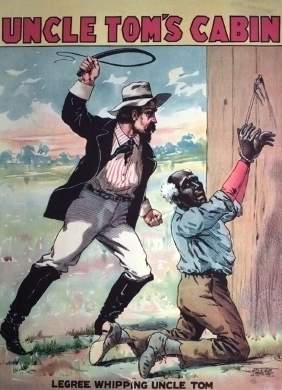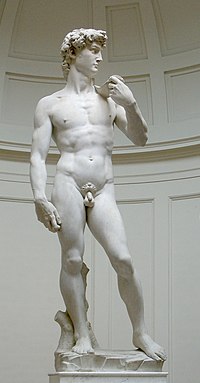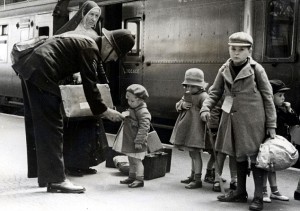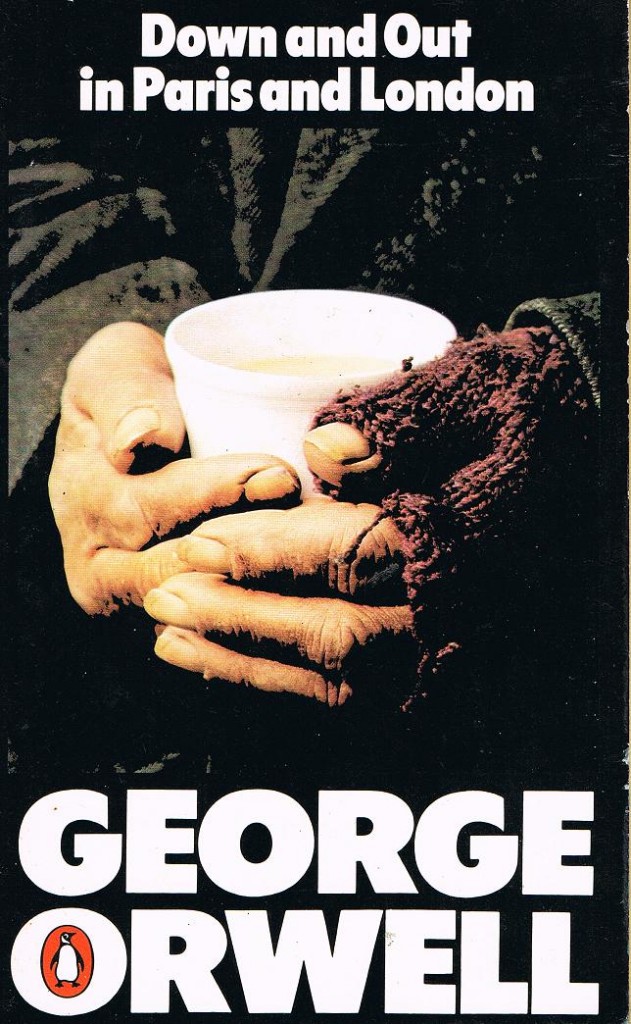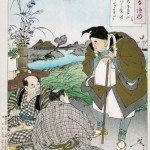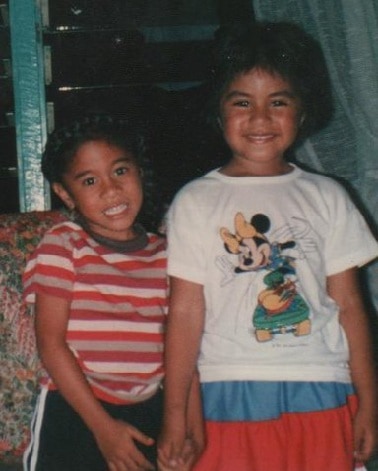 I have recently begun collecting stories of empathy experiences from around the world for a new book I am writing. Here is one of the latest, in which Antonina Elliott, a graphic designer who lives in New Zealand, describes a memory from a family visit to Samoa when she was five years old.
I have recently begun collecting stories of empathy experiences from around the world for a new book I am writing. Here is one of the latest, in which Antonina Elliott, a graphic designer who lives in New Zealand, describes a memory from a family visit to Samoa when she was five years old.
I have never truly stopped to consider the importance of empathy in my life until now. In recent events, my actions and words have hurt family and friends and left a trail of broken relationships in my wake, resulting in me seriously doubting whether I ever possessed any empathy at all.
Questions about my empathic capabilities have plagued my mind but a childhood memory of mine gives me hope. Continue reading
